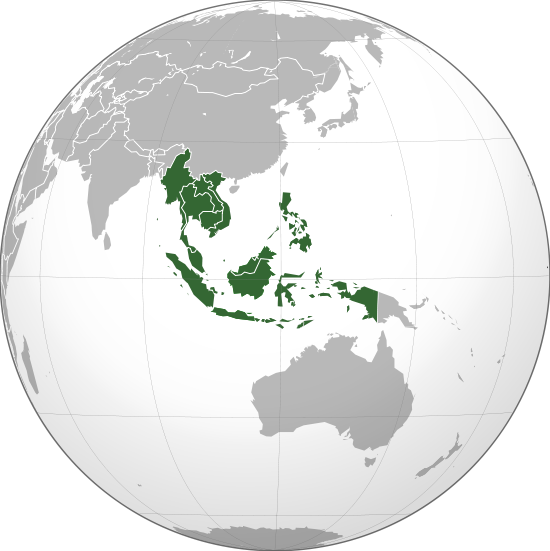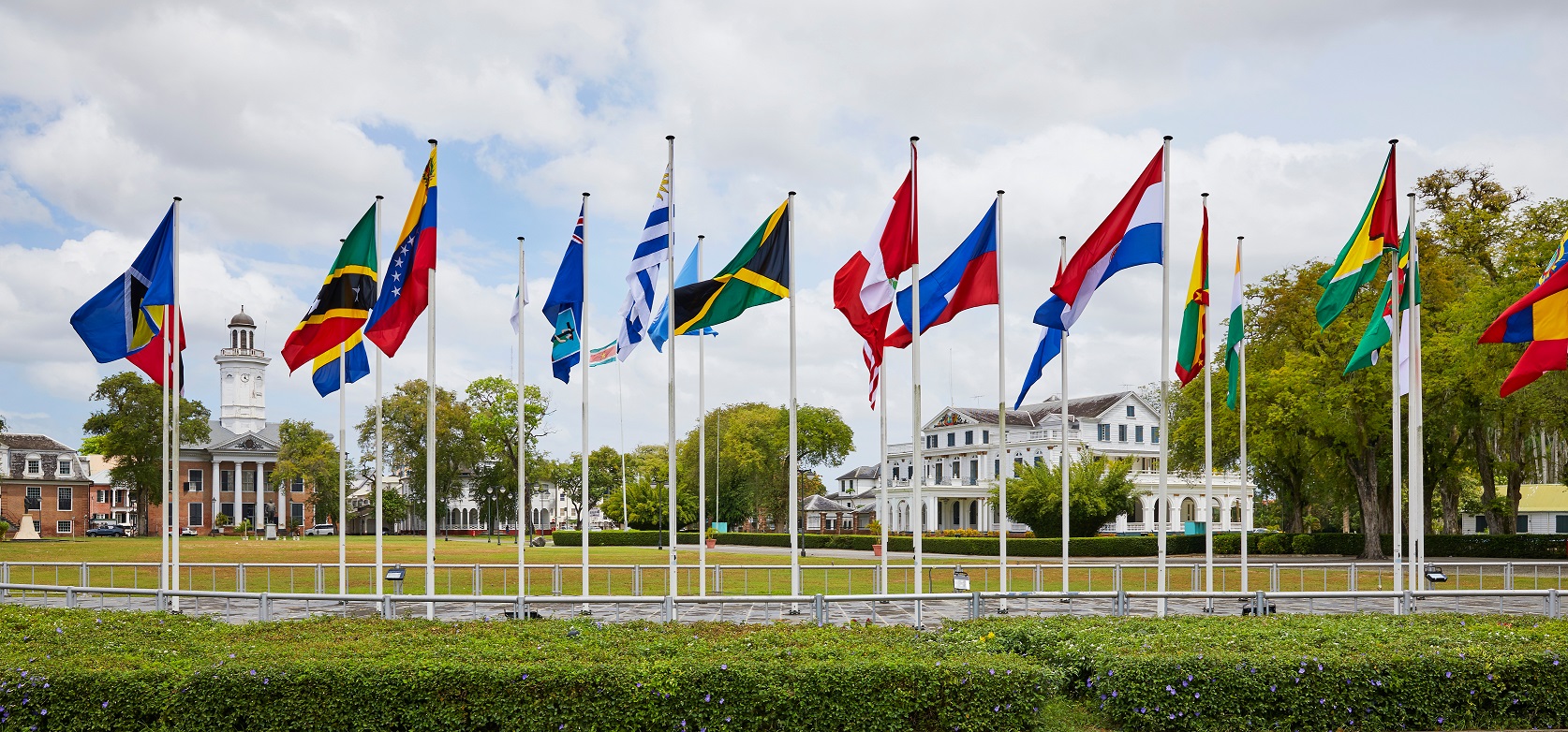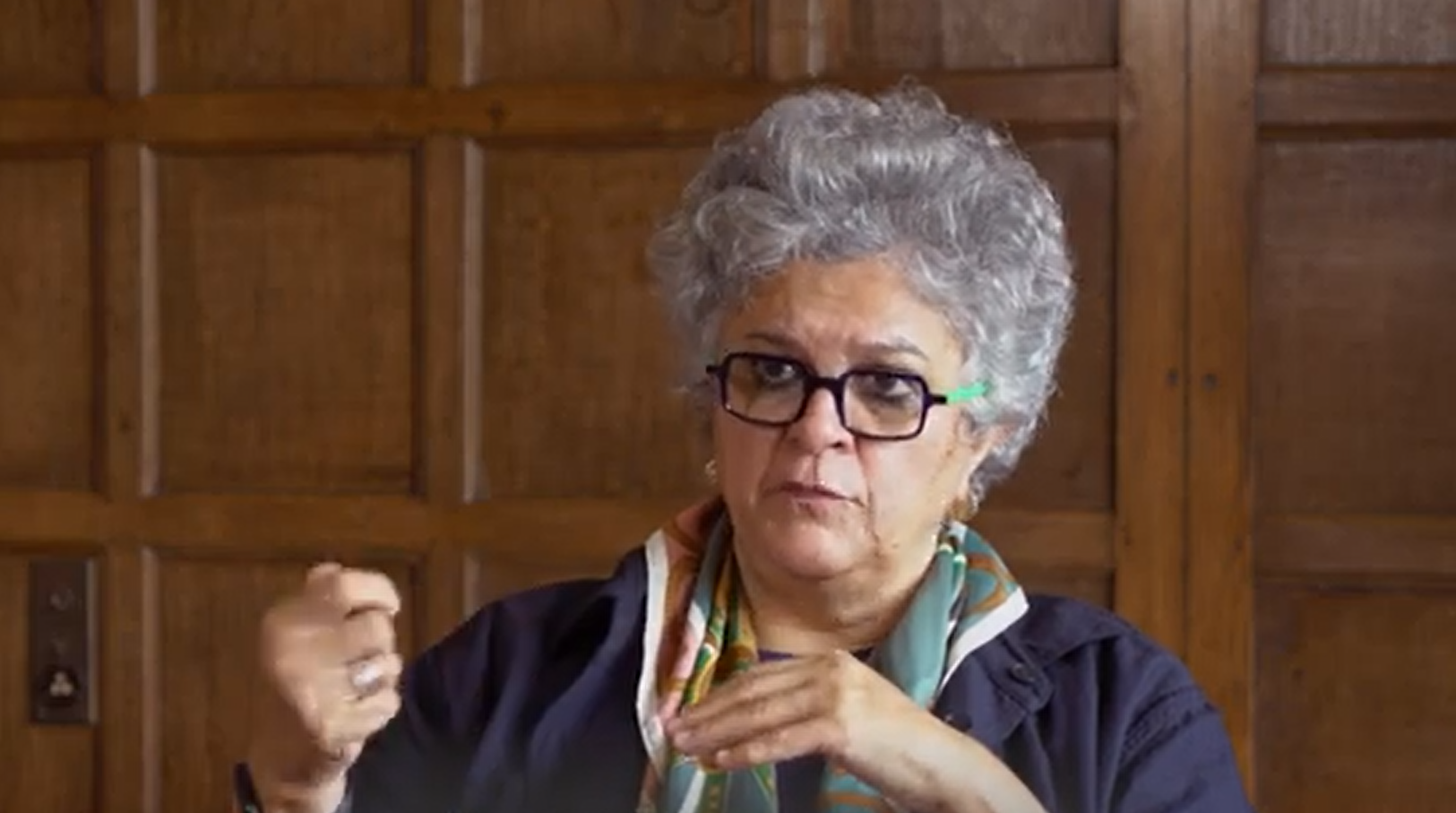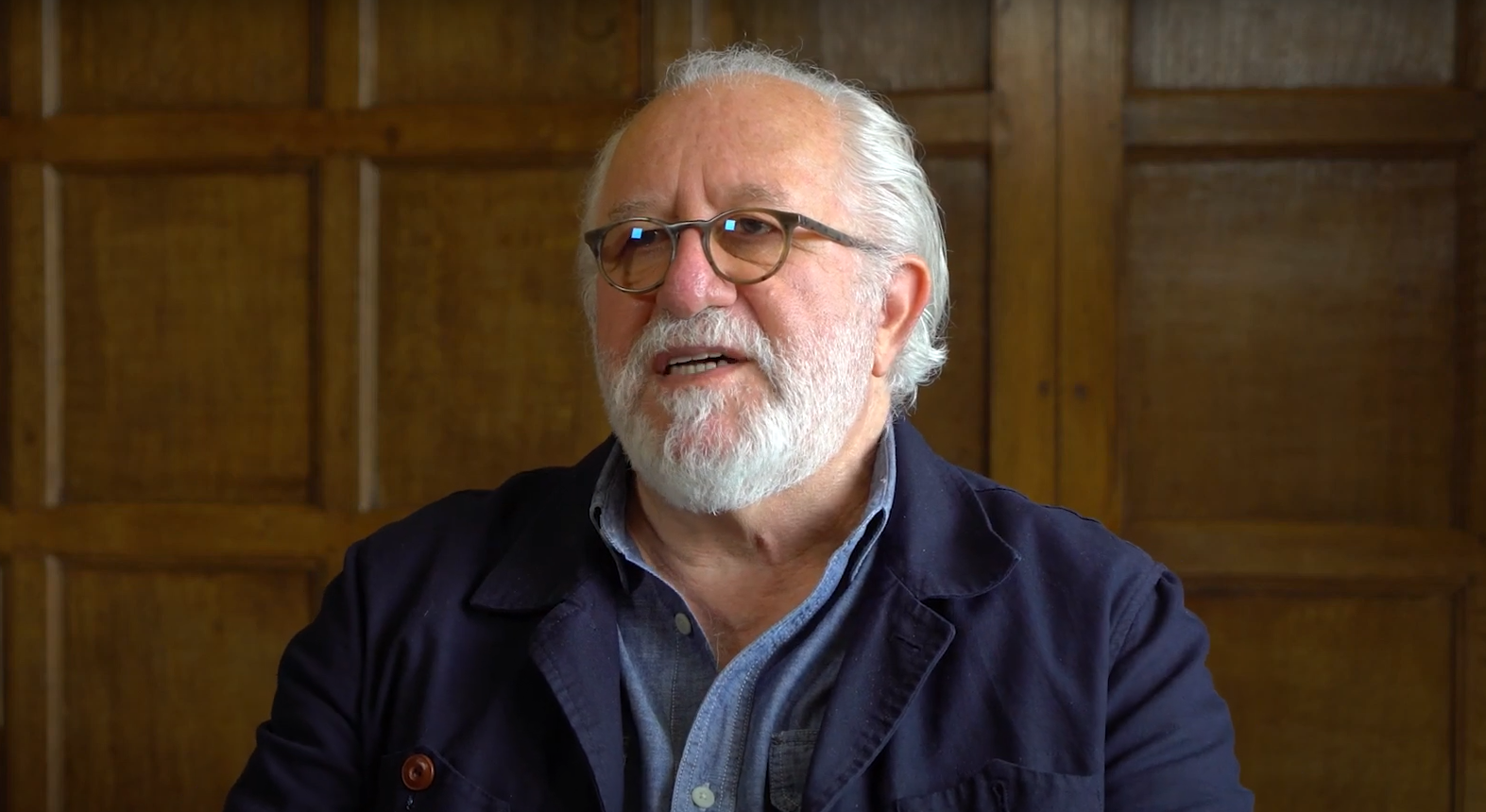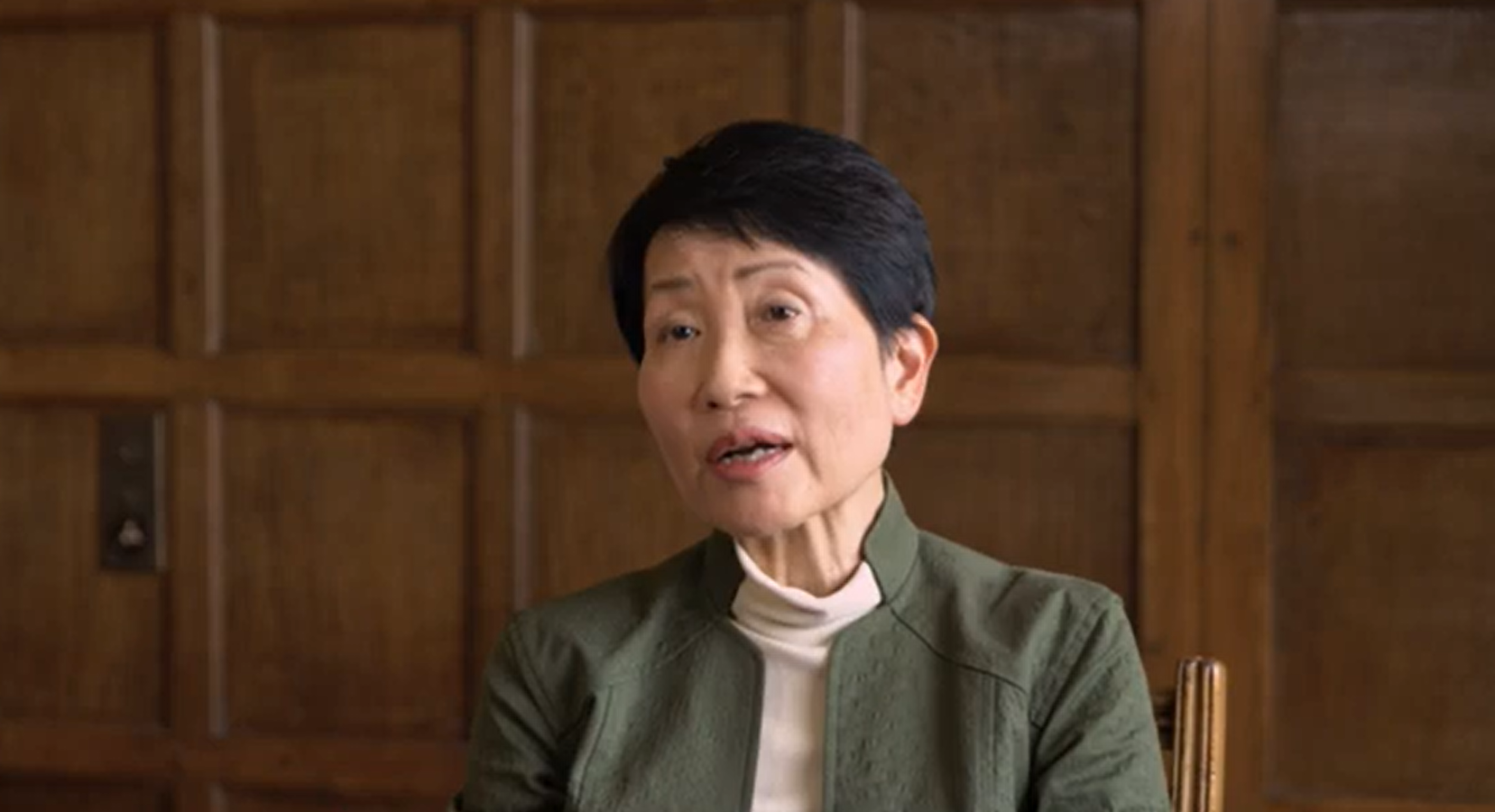This dialogue provided thought-leadership on how best to improve technical and vocational education and training (TVET) standards in Asia, focusing on ASEAN countries.
Developing the skills of a future workforce is critical for sustainable economic development, which requires looking beyond the parameters of traditional formal education. Asia has long promoted greater collaboration and exchange among its countries, and consequently a broader, more international set of educational goals for its citizens. The sub-sector of TVET has been identified as one of the seven priority areas for educational development in Southeast Asia between 2015 and 2035, leading to developments such as the establishment of the SEA-TVET Consortium and the recent 3rd High Officials Meeting on SEA-TVET in May 2017 in Malaysia.
Training and skills development in the region are not yet sufficiently aligned with the needs of the labour market to provide fully equipped graduates for the workforce. The right skills infrastructure needs to be built to meet business and investor demand. Particular hurdles that remain to be overcome include perceptions surrounding TVET being seen as a second class career choice to higher education, catering to the specific needs of employers and Asian employment skills gaps, access for women, and access for youth in rural areas. There is also a pressing need to develop skills infrastructure across the region, which allow governments, businesses and people to seize the opportunities and prepare for the risks that are being brought about by the Fourth Industrial Revolution and the vast technological changes it entails.
This meeting built on the conclusions of our initial dialogue in November 2016, Building a skilled workforce in South East Asia: harnessing partnerships for success which concluded that the ASEAN region is well placed to lead the way in developing a skilled workforce for the future, with wide-ranging opportunities for sharing ideas and harnessing new partnerships, both across the region and with the UK as a partner. One objective of this meeting was to provide a platform to showcase successful existing partnerships involving the UK within and across the region, as well an opportunity for regional and UK education institutions and providers to share their expertise and innovations.
Key recommendations from our initial meeting included the need for governments to fully understand the problem and collect data to identify and plan for future skill gaps. It was also established that governments should also act as catalysts to overcome infrastructure challenges and increase access to training in more rural areas. Government regulation, such as the introduction of employer levies to fund apprenticeship schemes, can provide incentives for skills development. Employers and universities also need space for innovation to develop skills frameworks and align TVET pathways with academic pathways. There are opportunities to develop ‘portable qualifications’ across the ASEAN region and more widely to provide quality assurance and enable workers to travel.
This event drew upon these findings and recent research. Through discussion in plenary sessions and working groups participants identified next steps for delivery and outcomes and built new partnerships within and across the region and involving the UK.
Reading material
Report from our event on Building a skilled workforce in South East Asia: harnessing partnerships for success
Human Capital Outlook Association of Southeast Asian Nations (ASEAN) (World Economic Forum)
Unleashing Youth in Asia (McKinsey&Company)
The role of TVET governance at subnational levels (British Council)
